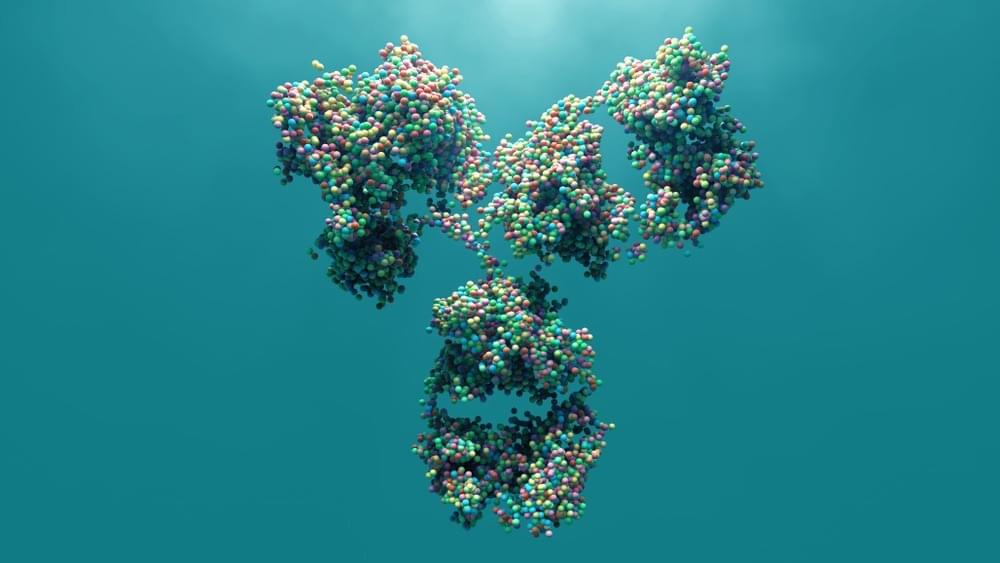A recent study published in Viruses reviewed the characteristics of neuraminidase (NA) with emphasis on the development of NA-based universal influenza vaccines.
Influenza causes significant morbidity and mortality worldwide. The influenza virus harbors two glycoproteins on the surface – hemagglutinin (HA) and NA. Infection-or vaccine-induced immune responses are targeted toward HA. Besides, NA-specific antibodies confer protection and can reduce infection severity.
Existing seasonal influenza vaccines confer narrow immune responses specific to the strain, and their efficacy depends on how well the vaccine strains match those in circulation. Thus, universal influenza vaccines with high breadth and potency are required. In the present study, the authors discussed the characteristics of NA, anti-NA antibodies, and recent progress in developing NA-based vaccines.










Leave a reply